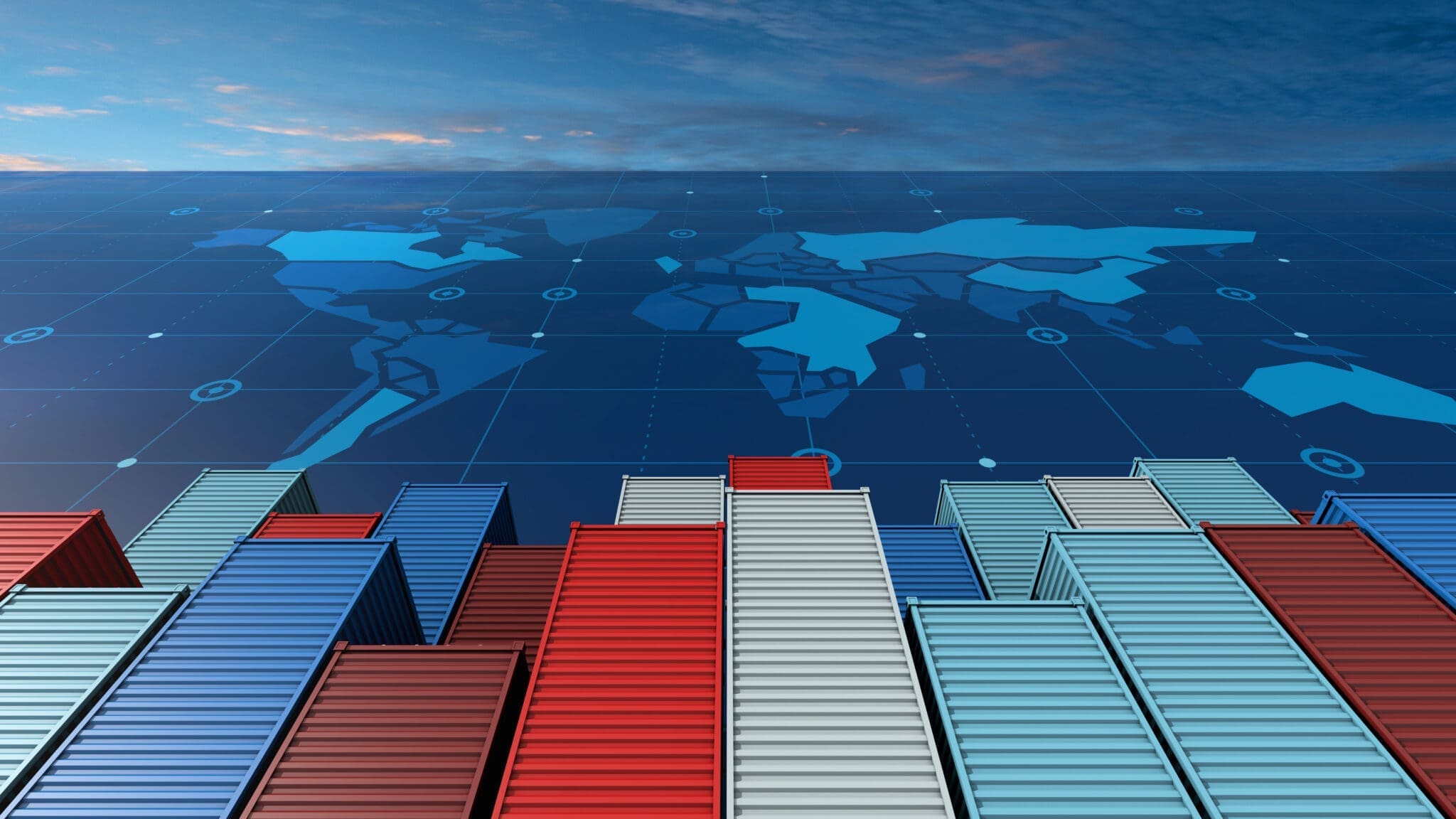For hundreds of years, sanctions have been a tool to punish rogue states. As the Russian/Ukraine conflict continues, it seems that sanctions will continue to be a critical factor in the world’s response to the conflict.
But what does this mean on a day to day basis for supply chain management? With a particular focus on UK supply chains, Andrew Hood, partner, international trade, and Miguel Vaz, partner, regulatory and trade, at European law firm Fieldfisher, offer insight for companies wrestling with the day to day implications of this complex challenge.
When did sanctions against Russia kick in?
While UK sanctions have been in force against Russia since its annexation of Crimea in 2014, the first UK sanctions in response to Russia’s current military action against Ukraine came into force on 22 February 2022, when the UK announced asset-freezing measures on five Russian banks and three individuals.
In the days running up to and subsequent to Russia’s invasion of Ukraine on 24 February, additional sanctions have been introduced.
The extent and severity of sanctions imposed by the UK, EU and US (and others, including Canada, Japan, Australia, South Korea and Taiwan) have been ratcheted up to cover a swathe of sectors and types of transaction, with further measures expected.
How are businesses affected?
Sanctions do not stop you doing all business with Russian suppliers or companies, but they do require businesses to consider and understand the rules and risks to avoid being caught out.
UK companies and individuals must comply with UK sanctions legislation (wherever they conduct their activities) and non-UK companies that undertake activities within the UK must also comply.
EU sanctions apply to all companies incorporated in a Member State and EU nationals, including branches of EU companies in third countries and non-EU companies doing business in the EU.
US sanctions tend to be much broader. While mirroring the UK/EU approach, the “long arm” jurisdiction of US sanctions means they can also apply to any transactions involving the US dollar or data routed through US servers, for example.
A business with a mix of employee nationalities and subsidiaries in different jurisdictions could therefore find itself caught by a combination of sanctions regimes.
Which sanctions are most relevant for UK supply chains?
We should all be aware of the situation in Ukraine and the resulting potential for broader cyber attacks coming from Russia – the US government have told organisations to put “shields up.” Beyond understanding the specific threats you and your supply chain face, the key thing is to continue to focus on cyber security fundamentals rather than panic in response to the potential threat.
Different countries and organisations have imposed varying restrictions on Russia. The main common measures implemented by the UK, EU and US to date (as of 7 March 2022) that may affect supply chains include:
- Asset freezes affecting customers or suppliers you can do business with and/or the banks you (or those in your supply chain) may use to make payments. Even if your Russian supplier/customer is not subject to sanctions, if they are “owned or controlled” by a sanctioned person or entity then you cannot do business with them.
- Financial services curbs, including removing certain Russian banks from the SWIFT (Society for Worldwide Interbank Financial Telecommunication) messaging system.
- The prohibition of exports to Russia of dual-use items (products that can be used for everyday purposes or military purposes and which can usually be exported with an export licence), including additional US controls on certain goods affecting US-origin products. There are also limitations on other goods that may support the Russian energy, aviation, marine and space industries.
- Bans relating to trade with Crimea, Donetsk and Luhansk, including an import ban on goods.
What are the main impacts on supply chains?
As well as the obvious impact on sourcing material or supplying customers, trade routes through and around Russia have been disrupted, meaning it may take longer for some internationally-traded products to reach their destinations.
Companies with outstanding payments to and from Russian suppliers or customers may also find they are unable to send or receive sums owed.
For companies with staff in Russia, urgent steps will be required to ensure you can continue to pay salaries.
What should UK businesses do?
To avoid being caught by sanctions, UK companies, whether they have obvious connections with Russia or not, are advised to consider whether:
- UK, EU, US or other national sanctions are applicable to their staff and offices, depending on their nationalities and locations;
- They have any direct business partners, such as banks, suppliers, customers or distributors headquartered in Russia or Belarus and, if so, whether they are subject to asset freezes as this will prevent you from receiving or making payments to business partners;
- Any of your transactions are related to Russia and, if so, are they affected by restrictions on debt, securities and bank deposits;
- Any of your imports, exports or services are or will be impacted by the new restrictions on trade with Russia, Belarus and the separatist regions of Ukraine;
- Any of the new sanctions prevent you from continuing to perform a contract and what those contracts say about your right to suspend or terminate the relationship without liability or serious risk of challenge;
- You have the right compliance policies to help manage commercial and reputational risks and reassure the authorities in the event of an audit.
If you’re concerned about the impact of this crisis on your business, get in touch to talk with our team of experts.
This article was authored by Andrew Hood, partner, international trade, and Miguel Vaz, partner, regulatory and trade, at European law firm Fieldfisher.

